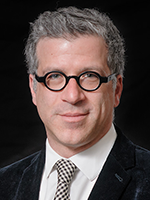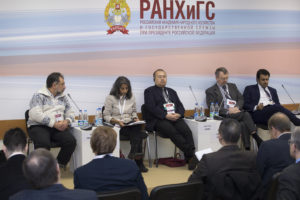
Under the Trump Administration, we are witnessing an unprecedented U.S. retreat from the promotion of human rights. The U.S. has, of course, never fully championed human rights above all over policy preferences, namely economic and security interests. The new administration, however, has severely downgraded the importance of human rights, and in doing so has openly embraced a multiplicity of authoritarian governments, all the while rejecting U.S. commitments to multilateral human rights institutions.
Following World War II, global leaders recognized the need to establish multilateral institutions that championed human rights. As a result, they created the United Nations in 1945, constructed the Universal Declaration of Human Rights in 1948, established the Organization of American States (OAS) in 1948, and wrote the American Convention on Human Rights in 1969. Thereafter, leaders have signed and ratified several international, human rights agreements. In the U.S., the record looks significantly different. Continue reading “The Global Retreat from Human Rights under the Trump Administration”























